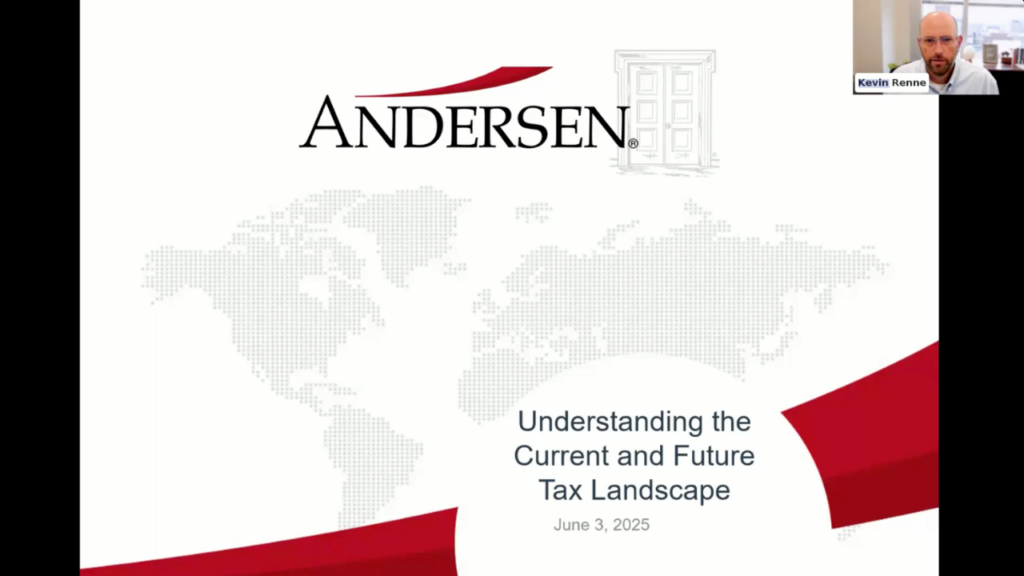It’s not at all uncommon that, at some point, a friend or relative will ask you to serve as the executor of their estate. You may not be sure about everything involved, but you may still feel obligated to agree simply because of the personal connection. Sure, it’s a compliment that someone would place that type of trust in you, but on the other hand, you may also feel a bit overwhelmed by the responsibilities—many of which you may not fully understand.
So, let’s take a quick look at some of the basics involved. First, it is the case that the executor is often a friend or family member of many small and medium-sized estates. Nevertheless, even for a relatively uncomplicated estate, the executor fulfills a vital function, so the more you know going in, the better and more in control you’ll feel.
A simple Google search can get you started: “What does an executor do?” You’ll learn, for example, that as executor, you are responsible for reviewing the important documents of the deceased person, including their will and any other estate planning documents, such as trusts. You’re also responsible for inventorying the decedent’s assets and debts and obtaining appraisals for their tangible assets. You will need to contact various financial institutions and governmental agencies. If they owned any real property, you may be responsible for managing or overseeing it. On top of all that, you’ll need to keep careful records of all transactions, proceedings, and decisions. If the estate includes a home, you may need to make arrangements to sell the house and its contents.
The duties of an executor typically include—but may not be limited to—the following:
- Get a copy of the will and file it with the probate court;
- Decide what kind of probate process is needed;
- Notify banks, credit card companies, and government agencies of the decedent’s death;
- Pay the estate’s debts and taxes;
- Represent the estate in court, if necessary;
- Maintain real property until it can be sold;
- Set up a bank account for incoming funds and pay any ongoing bills;
- File an inventory of estate assets with the probate court;
- Distribute assets of the estate as indicated in the probate process;
- Dispose of any other property.
None of these requirements may seem difficult alone, but when you think about adding all of them to your calendar, the time commitment alone can seem overwhelming. EstateExec, an online tool for executors, estimates that the typical estate takes about 16 months to settle and requires 570 hours of effort. Estates worth $5 million or more typically take 42 months to settle and 1,167 hours to complete. Some of those hours will be hired out to professionals—attorneys, a CPA, or a wealth advisory firm—but the executor is still responsible for checking that everything is done according to the estate’s needs and the probate process requirements.
Another potential complication can arise if the heirs argue about the terms of the estate settlement. It’s sad to say that such disputes are more common than you might think. You may find yourself for a whistle and a striped shirt if the heirs are squabbling about how the assets were divided. They may also take issue with some of the judgment calls you could be required to make as executor, such as whether to spend the estate’s money to fix up a house for sale.
Given all this, it’s easy to see why assigning executor duties to a legal professional specializing in estate planning and management or perhaps an institutional manager such as a bank trust department makes more sense for more extensive and more complicated estates. Most states’ laws allow an executor to be compensated for time spent managing the estate. Still, if you serve as executor for a deceased friend or family member, you may not feel right about taking payment. But even if you do, you should assume that the job will require time, effort, and emotional commitment.
If you are deciding whether you should accept the responsibility, consider reviewing the will or trust documents to check that there aren’t any unpleasant surprises that could cause discord among the heirs. You should also verify that everything is inventoried and the assets are in good order. You can also request that the documents name alternate executors in case you cannot serve—or decide you really don’t want to. The bottom line is that you need to know what you’re getting into before agreeing to serve as executor of an estate, no matter how close you are to the person making the request.
At JFS Wealth Advisors, we know how important it is to have solid plans in place for your estate. We provide fiduciary guidance for creating individualized plans. To learn more, visit our website and read our article, “Estate Planning Essentials: 5 Reasons to Review Your Plan.”




















